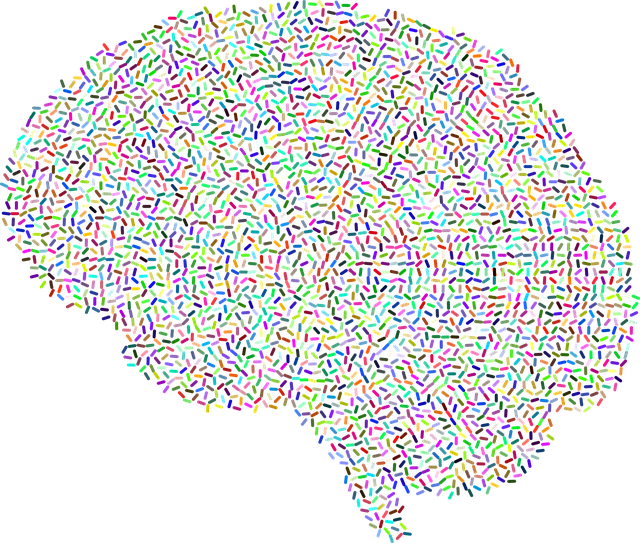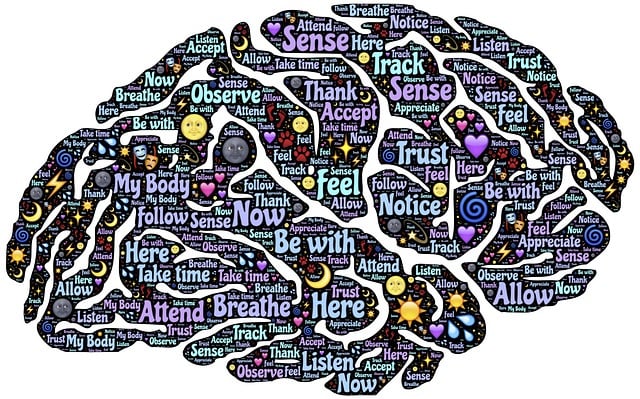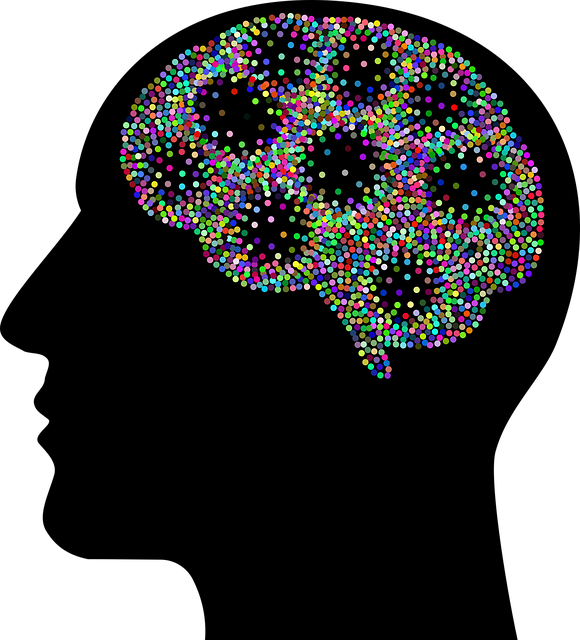Aurora Eating Disorders Therapy (AEDT) places paramount importance on risk assessment for both clients and professionals, utilizing Mental Wellness Journaling Exercises and Stress Management Workshops to identify vulnerabilities. They proactively equip individuals with tools for stress management, emotion regulation, and resilience-building, focusing on long-term mental wellness. AEDT navigates ethical challenges and cultural sensitivity through ongoing education and community outreach programs, ensuring tailored support and strong therapeutic alliances. A dual-focused approach involving policy review, crisis intervention, and staff well-being practices further strengthens their risk management strategy. By holistically addressing these aspects, AEDT creates an innovative environment that reduces risks in mental healthcare delivery while promoting early intervention through public awareness campaigns.
In the dynamic field of mental health, risk assessment is an indispensable tool for ensuring patient safety, particularly in specialized areas like eating disorders therapy. This article explores a comprehensive approach to risk management, focusing on Aurora’s Eating Disorders Therapy services as a case study. We delve into understanding risk assessment, identifying unique challenges, ethical considerations, and the creation of robust risk mitigation strategies. By examining these aspects, professionals can enhance patient care while adhering to legal obligations.
- Understanding Risk Assessment in Mental Health Practice
- Identifying Risks Specific to Eating Disorders Therapy at Aurora
- Ethical Considerations and Legal Obligations for Professionals
- Developing a Comprehensive Risk Management Plan
- Continuous Monitoring, Evaluation, and Mitigation Strategies
Understanding Risk Assessment in Mental Health Practice

In the realm of mental health practice, risk assessment is a pivotal tool for ensuring client safety and fostering effective therapy. It involves meticulously evaluating and understanding the potential risks and vulnerabilities that individuals seeking treatment, particularly those struggling with eating disorders like those Aurora Eating Disorders Therapy caters to, may encounter. This process requires professionals to delve into various aspects of a client’s life, including their emotional regulation capabilities, past traumas, and current stressors, all of which contribute to forming a comprehensive picture of potential risks.
By integrating insights from Mental Wellness Journaling Exercises and Stress Management Workshops within the organization, mental health practitioners can proactively mitigate these risks. Such exercises and workshops equip individuals with valuable tools for managing stress, regulating emotions, and cultivating resilience—essential components in maintaining and enhancing mental wellness. Through this multifaceted approach, Aurora Eating Disorders Therapy aims to not only address present challenges but also empower clients with long-lasting coping strategies, fostering a more robust and resilient state of mental health.
Identifying Risks Specific to Eating Disorders Therapy at Aurora

At Aurora, providing Aurora Eating Disorders Therapy goes beyond treating symptoms; it involves identifying and mitigating unique risks associated with this specialized field. Eating disorders, by their nature, are complex and often involve severe emotional and psychological distress. Professionals at Aurora recognize that therapeutic settings must be carefully navigated to ensure both the recovery and safety of clients.
One key risk lies in the delicate balance between empathy-building strategies and maintaining professional boundaries. Effective therapy requires professionals to connect deeply with their clients, fostering an environment of trust and understanding. However, this closeness can also present potential challenges, especially when clients disclose intrusive thoughts or engage in risky behaviors. Therefore, therapists at Aurora are trained in developing mental wellness coaching programs that promote emotional well-being while teaching healthy coping mechanisms to navigate these complex emotions. Through these techniques, professionals can offer the support needed without compromising their professional integrity.
Ethical Considerations and Legal Obligations for Professionals

Mental health professionals in Aurora Eating Disorders Therapy face a unique set of ethical considerations and legal obligations that require careful navigation. Above all, prioritizing client well-being and maintaining confidentiality are paramount. Professionals must be vigilant in recognizing and addressing potential risks, such as self-harm or suicide ideation, while adhering to strict privacy laws.
Cultural sensitivity in mental healthcare practice is another crucial aspect. Effective therapists must understand the diverse backgrounds of their clients, incorporating cultural awareness into treatment plans. This requires ongoing education about different cultural perspectives on health, illness, and healing. Additionally, community outreach program implementation can help professionals connect with at-risk populations, fostering early intervention and better outcomes. Emotional intelligence plays a vital role in this process, enabling therapists to build strong therapeutic alliances and provide tailored support.
Developing a Comprehensive Risk Management Plan

In developing a comprehensive risk management plan for mental health professionals at Aurora Eating Disorders Therapy, it’s essential to incorporate strategies that address both individual and organizational preparedness. This involves regularly reviewing and updating policies related to patient safety, confidentiality, and crisis intervention protocols. A robust plan should include mechanisms for identifying and mitigating risks, such as stress management techniques tailored to the unique challenges faced by eating disorder specialists. By fostering a culture of open communication and continuous learning, mental health professionals can enhance their cultural sensitivity in mental healthcare practice, ensuring they provide culturally competent care that resonates with diverse patient populations.
Moreover, the plan must prioritize staff well-being, recognizing that professionals’ resilience is directly linked to their ability to support patients effectively. This includes integrating stress management techniques into daily routines, encouraging regular self-care practices, and facilitating peer support networks. Public awareness campaigns development can also play a significant role in risk assessment by increasing community understanding of eating disorders, reducing stigma, and promoting early intervention. By holistically addressing these aspects, Aurora Eating Disorders Therapy can create an environment that not only minimizes risks but also fosters innovative solutions to challenges in mental healthcare delivery.
Continuous Monitoring, Evaluation, and Mitigation Strategies

Mental health professionals at Aurora Eating Disorders Therapy understand that continuous monitoring and evaluation are essential components of risk assessment. Regular check-ins with clients, coupled with ongoing self-assessment by therapists, allow for early detection of potential risks or triggers. This proactive approach enables swift intervention strategies to mitigate any negative outcomes. By integrating Self-Care Routine Development for Better Mental Health into their practices, professionals can enhance resilience and reduce stress levels, ultimately fostering a safer therapeutic environment.
Moreover, the organization encourages participation in Stress Management Workshops and Community Outreach Program Implementation. These initiatives not only equip practitioners with advanced coping mechanisms but also contribute to a broader community support system. Through collaborative efforts, Aurora Eating Disorders Therapy aims to create a network of resources that promote holistic mental well-being, benefiting both professionals and their clients.
Mental health professionals, such as those offering Aurora Eating Disorders Therapy, must consistently assess and manage risks to ensure safe and effective treatment. By understanding specific risks, adhering to ethical guidelines, and implementing comprehensive risk management plans, therapists can create a secure environment for their clients. Continuous monitoring and evaluation are crucial to adapt strategies as needed, thereby fostering a supportive and healing atmosphere at Aurora Eating Disorders Therapy.














